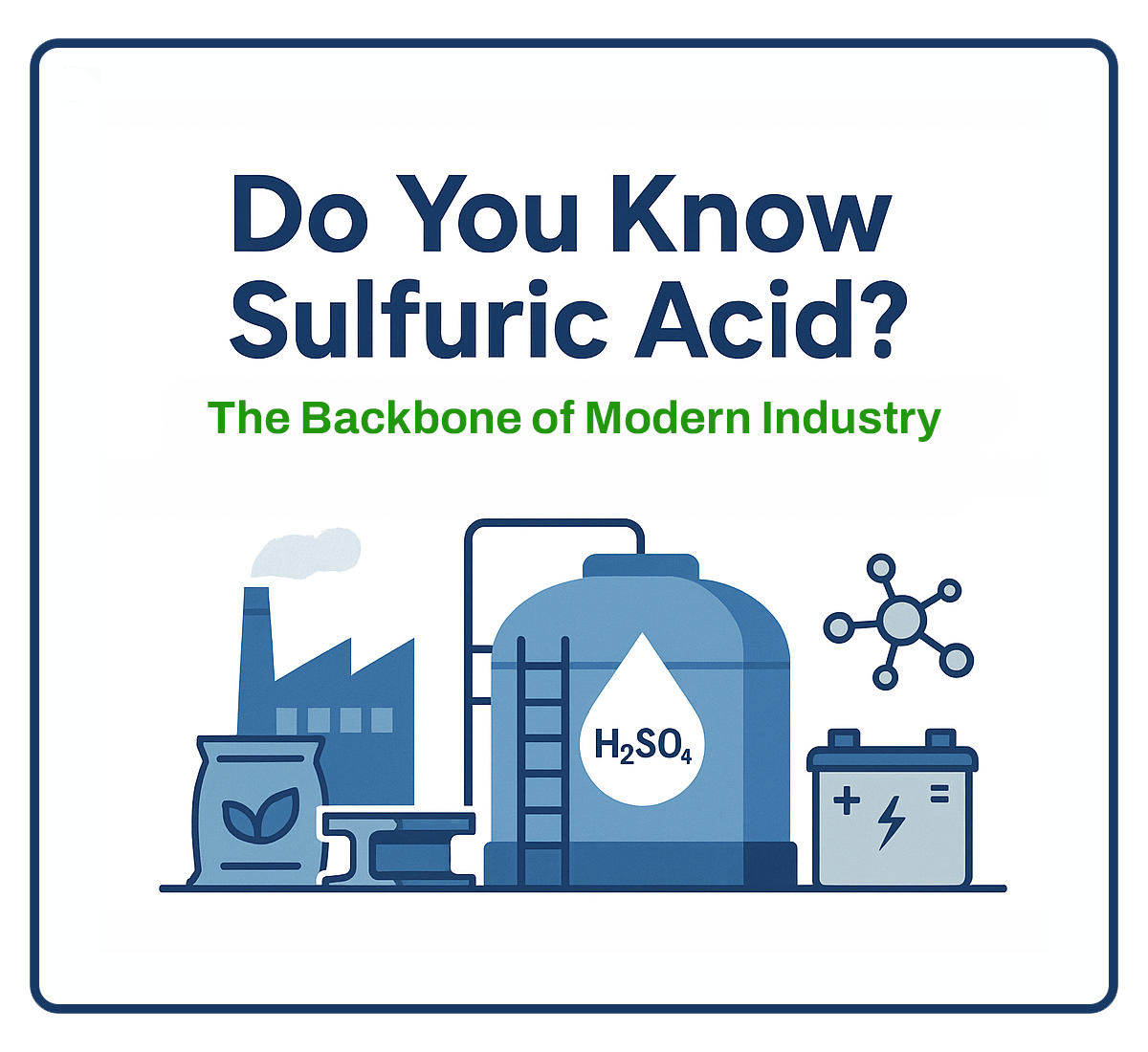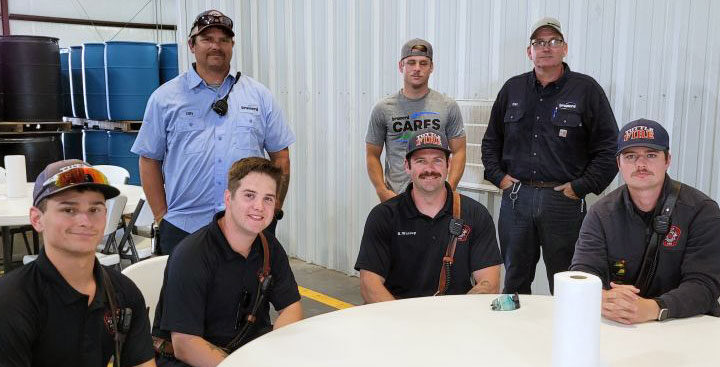Brief: Nitric acid keeps countless manufacturing processes running, yet it’s also one of the most logistically challenging chemicals to keep moving through the supply chain.
Feedstock volatility, transportation hazards, and limited domestic capacity make uninterrupted supply a constant concern. This article explores why manufacturers face increasing nitric acid supply challenges and how Brainerd Chemical’s hybrid distribution infrastructure, safety expertise, and redundancy strategies protect operations from costly downtime.
The Cost of Downtime for Manufacturers
When nitric acid deliveries are delayed or interrupted, the true cost extends far beyond the price of the chemical itself. For many manufacturers, every hour of downtime ripples through production, labor, logistics, and customer relationships.
Downtime costs dwarf savings from short-term chemical price cuts. Unplanned supply shortages lead to idle equipment, underutilized staff, and missed shipment deadlines.
The financial hit is immediate, but the long-term effects are just as damaging. Repeated disruptions can undermine customer confidence, trigger contract penalties, and weaken vendor scores with key clients. In competitive supply chains, where on-time performance is a key differentiator, reliability is currency.
That’s why forward-thinking operations teams view nitric acid supply not just as a purchasing function—but as a strategic risk factor. A stable, well-supported supply partner helps protect uptime, safeguard quality, and maintain the delivery commitments that keep your business trusted and competitive.
Five Proven Strategies to Safeguard Your Nitric Acid Supply Chain
1. Build Redundancy into Your Supplier Network
Relying on a single producer or terminal creates vulnerability. Dual sourcing or partnering with suppliers that operate multiple facilities ensures business continuity if one region faces downtime.
2. Prioritize Regional Storage and Logistics Capabilities
Nitric acid transport requires dedicated stainless or aluminum equipment, certified drivers, and short transit times. Suppliers with regional tanks and rail connections minimize these variables and reduce delivery risk.
3. Verify Safety and Regulatory Credentials
Choose suppliers that adhere to responsible distribution and maintain robust EHS programs. Compliance is more than a box to check—it’s proof that your partner understands risk management at every level.
4. Stay Proactive with Market and Feedstock Intelligence
A good chemical partner helps you anticipate shifts in energy or ammonia pricing, letting you plan procurement more strategically.
5. Partner with Suppliers Who Offer Contingency Planning
From emergency shipments to alternative routes, your supplier should have a tested response plan in place before you need it.
How Brainerd Chemical Keeps Manufacturers Running
In today’s volatile chemical landscape, uninterrupted nitric acid supply is no accident—it’s engineered through experience, infrastructure, and partnership.
By combining decades of technical expertise with a nationwide logistics network, Brainerd Chemical Company helps manufacturers protect their operations, their teams, and their bottom line through a network designed for safe and resilience supply —not just production.
- Nationwide Coverage: With strategically located facilities in Oklahoma, Mississippi, Illinois, Delaware, and North Carolina, Brainerd minimizes regional disruption risk.
- Redundant Logistics: Integrated rail and truck fleets allow flexible, dependable delivery scheduling.
- Safety Expertise: Every facility operates under strict Responsible Distribution and EHS standards, ensuring regulatory compliance and safe handling from tank to transfer point.
- Customer Partnership: Brainerd’s team works directly with operations and procurement leaders to forecast demand, optimize delivery timing, and provide emergency supply when needed.
When the unexpected happens—whether a feedstock shortage or a transportation delay—Brainerd’s redundant infrastructure keeps production lines running and customers on schedule.
About Brainerd Chemical Company
Brainerd Chemical Company is one of the nation’s leading chemical manufacturers and distributors, supporting industries from energy and agriculture to water treatment and manufacturing. We combine proven expertise with innovative packaging, logistics, and service solutions to help our partners achieve efficiency, safety, and long-term success.










